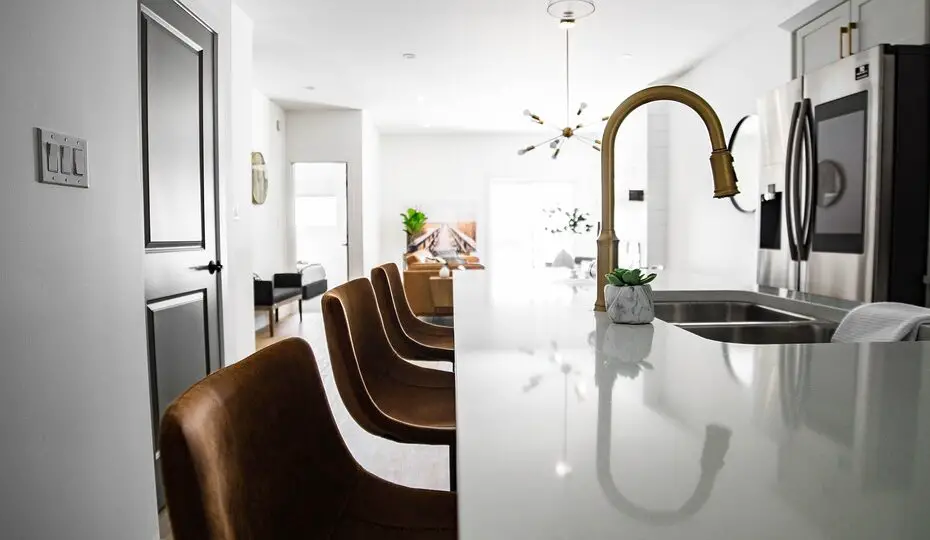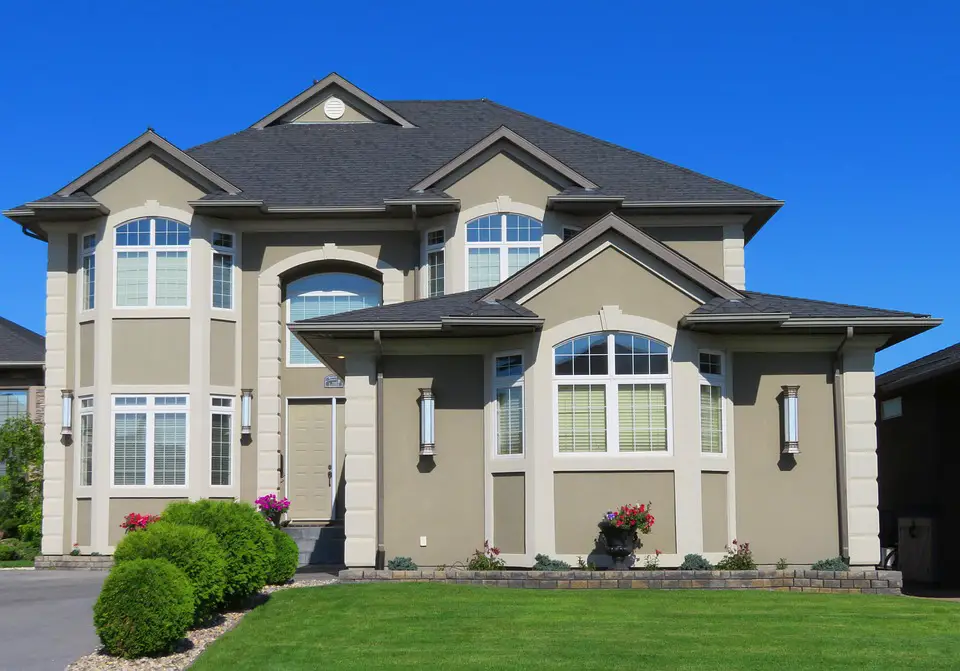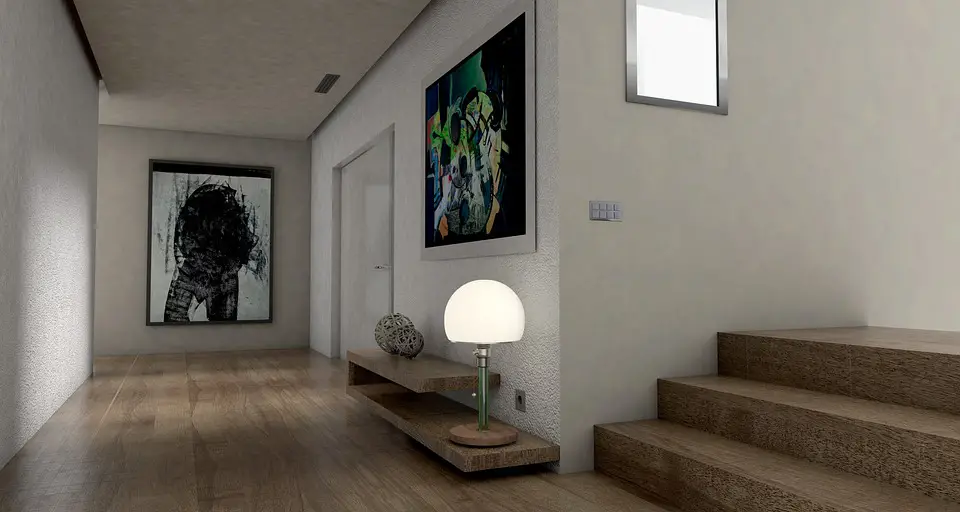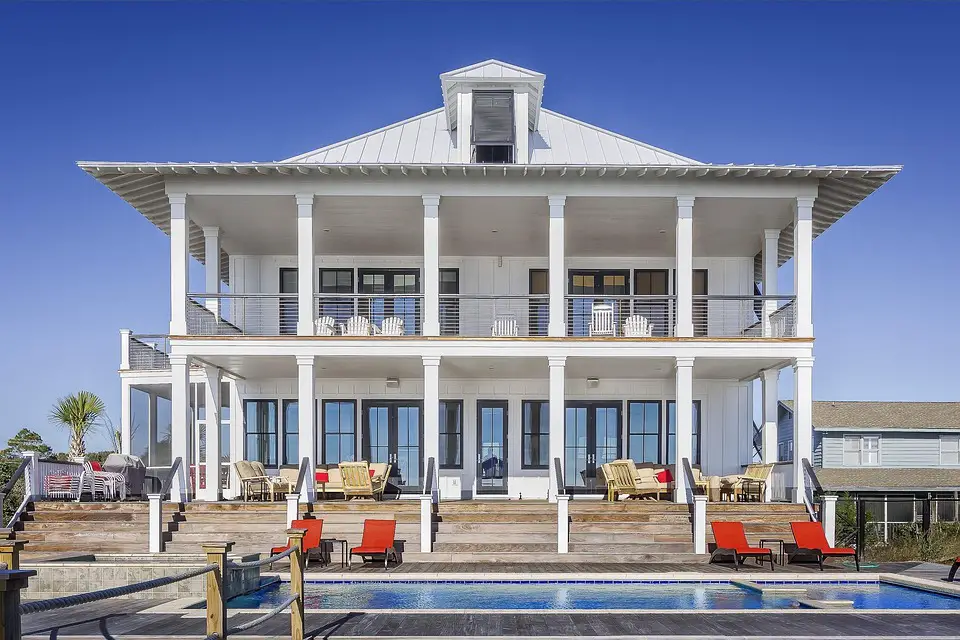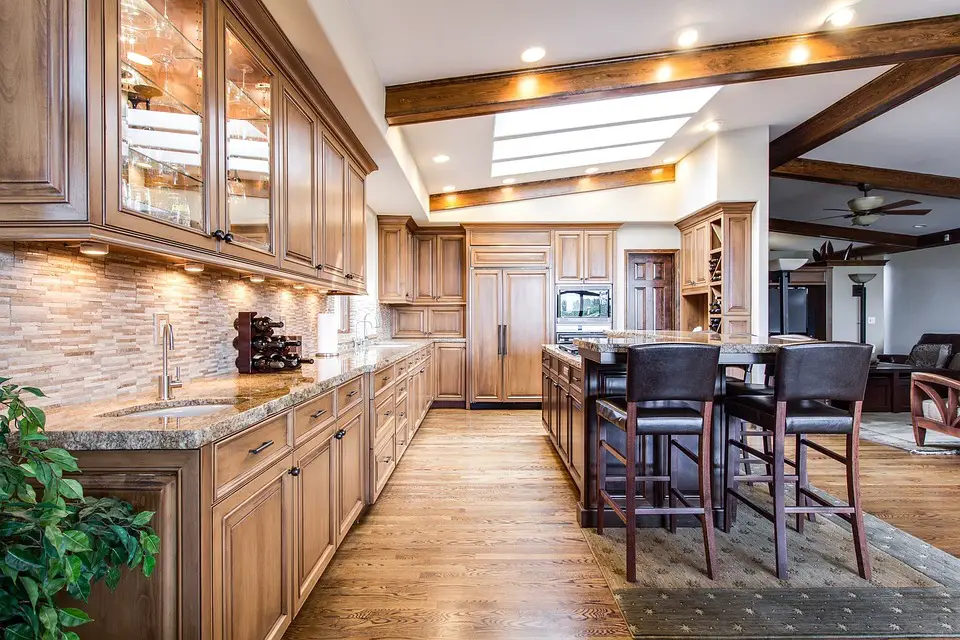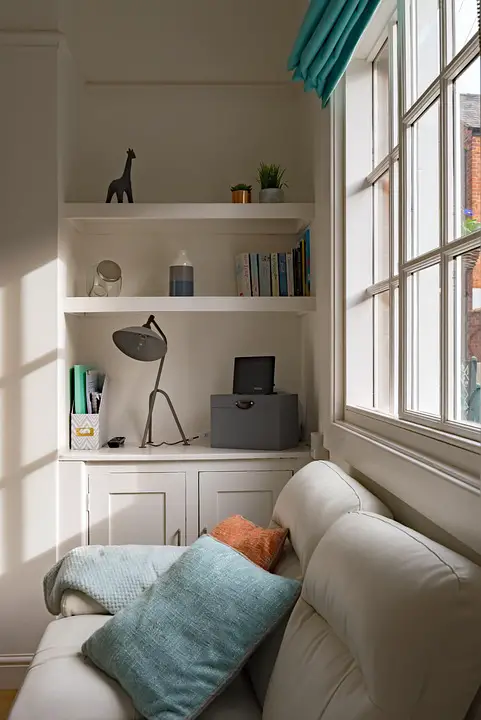Flipping Houses: Is It Worth the Investment?
Alright, folks. Grab your hard hats, dust off those tool belts, and let’s dive headfirst into the crazy world of flipping houses. You’ve seen the TV shows, right? Some fresh-faced couple strolls into a dilapidated shack, waves a magic wand (or a sledgehammer), and voilà! They’re sipping mimosas on a sun-soaked patio, raking in the cash while you’re still trying to decide if you should spend your last ten bucks on takeout or a new air freshener for your car.
But here’s the million-dollar question: Is flipping houses really worth the investment, or is it just another way to lose money faster than you can say “renovation disaster”? Let’s break it down, shall we?
The Allure of Flipping Houses
Let’s start with the shiny side of flipping houses. The potential profits are enough to make anyone’s wallet tingle. According to the latest data, the average profit for house flippers in 2025 is around $70,000. That’s right, folks. You could potentially snag a hefty payday just by being a little handy and a lot lucky.
But before you start daydreaming about your new mansion in the Hamptons, let’s not forget the other side of the coin. Flipping houses isn’t all sunshine and rainbows. Like any good money-making venture, it comes with its fair share of risks and, let’s be honest, potential headaches.
The Costs You Can’t Ignore
If you think flipping houses is a walk in the park, you might want to think again. Here are some costs that can sneak up on you faster than your in-laws during the holidays:
-
Purchase Price: Obviously, you need to buy the house first. In 2025, the housing market is as unpredictable as a cat on a hot tin roof. Prices can vary wildly depending on location and condition, so do your homework.
-
Renovation Costs: This is where the real fun begins. You’ll need to budget for materials, labor, permits, and unexpected surprises (like finding a family of raccoons in the attic). A general rule of thumb? Expect to spend at least 10-15% more than your initial renovation estimate. Trust me, your wallet will thank you for it later.
-
Holding Costs: While you’re busy playing contractor, don’t forget about the costs of holding onto the property. This includes utilities, property taxes, insurance, and interest on any loans. These can add up quicker than you can say “where’s my money?”
- Selling Costs: Once your masterpiece is complete, you’ll need to sell it. But hold up! You’ll need to factor in realtor commissions, closing costs, and any concessions to buyers. This can easily eat into your profits.
The Risks of Flipping Houses
Now that we’ve covered the costs, let’s talk about the risks. Remember that raccoon family I mentioned? Well, they’re not the only ones that might cause you trouble. Here are some risks to keep in mind:
-
Market Fluctuations: The housing market can be as volatile as your uncle after a few too many drinks. Prices can drop, and suddenly your “sure thing” investment is worth less than your last failed business idea.
-
Property Condition: You think you’re buying a fixer-upper, but what you really bought is a money pit. Hidden issues like foundation problems or mold can turn your dream flip into a nightmare faster than you can say “renovation regret.”
- Time Constraints: Flipping houses isn’t a weekend hobby; it’s a full-time job. If you’re juggling other responsibilities (like a job, family, or a social life), you might find yourself in over your head.
The Sweet Spot: Finding the Right Property
If you’re still with me after all that doom and gloom, let’s talk strategy. Finding the right property is crucial if you want to make flipping houses worth your investment. Here’s what to look for:
-
Location, Location, Location: You’ve heard it a million times, but it’s true. A good location can make or break your investment. Look for neighborhoods with good schools, low crime rates, and plenty of amenities.
-
Properties with Potential: Don’t just settle for the ugliest house on the block. Look for properties that have the potential for value-add renovations. Cosmetic fixes like new paint, landscaping, and updated kitchens can yield big returns.
- Avoid Overpriced Properties: Just because a property looks like it should be on the cover of a magazine doesn’t mean it’s priced right. Do your homework and know the market. Don’t let your emotions cloud your judgment.
The Renovation Game: What You Need to Know
So you found a property, and now it’s time to roll up your sleeves and get to work. Here are some practical tips to make your renovation project a success:
-
Stick to a Budget: Create a detailed budget and stick to it. Include a contingency fund for those pesky unexpected costs.
-
Focus on High-Impact Areas: Prioritize renovations that will give you the biggest bang for your buck. Kitchens and bathrooms typically yield the highest returns, so don’t skimp on these areas.
- Hire the Right People: Unless you’re a master craftsman (and if you are, why are you reading this?), hire professionals for the heavy lifting. A good contractor can save you time, money, and a whole lot of headaches.
Selling Like a Pro
After all your hard work, it’s time to sell and cash in on your investment. Here’s how to do it right:
-
Stage the Property: Make your home look irresistible to potential buyers. Use neutral colors, declutter, and stage the space to highlight its best features.
-
Market Smart: Use social media, online listings, and even good old-fashioned word of mouth to get the word out. The more exposure, the better!
- Be Prepared to Negotiate: Buyers will often try to lowball you, so be ready to negotiate. Know your bottom line and stick to it.
Is Flipping Houses Worth It?
At the end of the day, flipping houses can be a lucrative investment if you do your homework, budget wisely, and stay patient. It’s not for everyone, especially if you’re not equipped to handle the risks. But if you’ve got a knack for home renovation and a good eye for potential, it can be a fantastic way to build wealth.
So, if you’re ready to trade your 9-to-5 for a hard hat and a sledgehammer, go for it! Just remember: measure twice, cut once, and always keep an eye on your budget. And who knows? You might just find yourself sipping those mimosas after all. Cheers to flipping houses and making bank! 🏡💰
